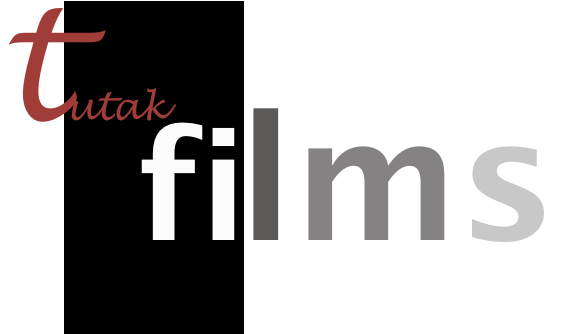 |
|
|
ROBERT TUTAK
Professor of Film at Brooklyn College of the City University of New York, recipient of the Fulbright Foundation Grant in Film, graduate of the Lodz Film School of Poland, founder-director of Manhattan Film Academy, and owner of Tutak Films. His film credits include five feature films and sixteen short fiction films and documentaries. His work is currently available in the U.S. and the U.K through Amazon Prime, Apple TV, and Roku, in India through Docubay, and Indian streaming platform, and in the rest of the world through FeelSales, Madrid, Spain. It is also available for streaming in 224 academic libraries and universities in the U.S. and Canada curtesy of Films Media Group, an Infobase Learning Company, one of the biggest U.S. distributors of academic content.
|
|
|
| |
|
|
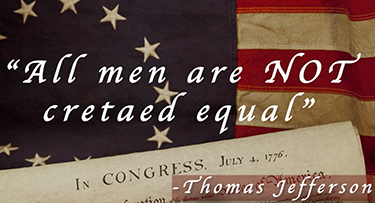 |
Feature screenplay [work-in-progress]
“Liberty and Slavery: The Making of America” is an action-packed satire on the fundamental paradox of the American Revolution. It's brutal, sarcastic, and entertaining. “A Clockwork Orange” meets “Barry Lyndon.” Based on real events. It will turns all you know of the Revolution on its head.
All but one Founding Fathers owned slaves. And they wanted to keep it that way. Thomas Jefferson held his children in bondage. Martha Washington--her half-sister. George Washington’s favorite slave Billy Lee may have been his cousin. Benjamin Franklin, obsessed with the idea of King George III enslaving the colonists, named his domestic slaves King and George. Very funny.
Jefferson’s “All men are created equal…” meant “all rich white males only.” Slaves were considered a commodity, not humans. Women and poor whites were excluded as well.
The story is about two underdogs, who saved the American Revolution. A shy foreigner, Polish engineer Tadeusz Kosciuszko, and his Black body servant, a teen from Massachusetts, Agrippa Hull. They are outcasts and outsiders in an intimate, possibly gay relationship. Both are shunned, ostracized, and bullied, subjected to xenophobia and racism. Agrippa is captured to be re-sold to slavery and nearly killed. Kosciuszko is told to go back to where he came from. His advice to fortify the hill towering over Fort Ticonderoga is rejected and ridiculed. When the British arrive, they do exactly as Kosciuszko suggested, humiliating Americans and forcing them to run for their lives. On the run, Kosciuszko--now more appreciated--fortifies American positions and impedes British pursuit. Hull is always by his side, helping him, assisting him, and protecting him. When the dispirited Americans decide to face the British, Kosciuszko fortifies a terrain near Saratoga. His fortifications are instrumental in the spectacular American victory at Saratoga. The British defeat at Saratoga spells the beginning of the end of the British rule in the colonies.
Kosciuszko abhors slavery. Educated on Locke and Rousseau, he believes in the equality of all men. He came to America to fight for it. His love for Agrippa strengthens and personalizes his sympathy for Blacks and their cause. Before leaving America, Kosciuszko turns to his best friend Thomas Jefferson, a slave owner. “I Thaddeus Kosciuszko do hereby authorize my friend Thomas Jefferson to employ my property in the United States in purchasing Negroes from among his own or any others and giving them Liberty, education in trades… having them instructed… in morality and their duties as citizens… teaching them to be defenders of their Liberty and Country… and I make the said Thomas Jefferson my executor of this [will].”
Jefferson takes the money, but does he deliver? Does he free his slaves? Does he believe that "All men are—indeed--created equal?”
“All men are created equal,” as imperfect as the man who wrote these words might have been, set an ambitious guiding principle for the nation. With each generation, this nation seems to be getting closer to implementing this noble ideal and promise.
|
|
LOG LINE:
“ALL MEN ARE NOT CREATED EQUAL"
“The blacks are inferior to the whites in the endowments both of body and mind. This unfortunate difference of color, and perhaps of faculty, is a powerful obstacle to the emancipation of these people.”
-- THOMAS JEFFERSON (slave owner)
“There is some difference between slaves and sheep; sheep will never make any insurrections.”
-- BENJAMIN FRANKLIN (slave owner)
GEORGE WASHINGTON (slave owner) on the contradiction between liberty and slavery:
?“This may seem a contradiction, but I think you must perceive that it is neither a crime nor an absurdity. When we profess, as our fundamental principle, that liberty is the inalienable right of every man, we do not include madman or idiots; liberty in their hands would become a scourge. Till the mind of the slave has been educated to perceive what are the obligations of a state of freedom, the gift would insure its abuse."
|
|
| |
|
|
|
An interview with ROBERT TUTAK on immigration, human rights, and labor exploitation.
Featured films:
DUBAI: A CITY OF DREAMS and
ELLIS ISLAND: THE MAKING OF A MASTER RACE IN AMERICA
Originally aired on CUNY TV on April 18, 2019. |
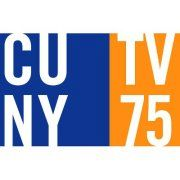
|
| |
|
|
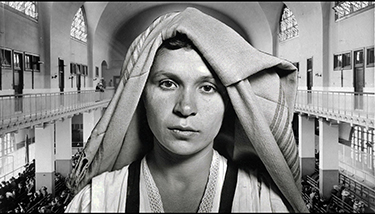
|
Documentary feature. Running time: 70 min.
We in the United States have an opportunity, which is unique in history, for the practice of eugenic principles. Our country was founded and developed by picking men and women. And today, by selecting our immigrants through proper immigration legislation, we have the power to pick out the best specimens of each race to be the parents of our future citizens.
- Robert De C. Ward, Professor, Harvard University, 1916
LOGLINE: The faces of immigrants to the U. S. changed over the years. The fear of them -- fear of the other -- never did. First it was the Chines, the Irish, the Slavs, Jews, and the Italians. Now it’s the Mexicans and the Muslims.
SCNEOPSIS: The film investigates the influence of American eugenics and nativism on the U.S. immigration policy at the turn of the 20th century and beyond. It examines the medical and mental inspection procedures of immigrants at Ellis Island and their undelying social agenda of race purification through a selection of “the better stock."
The film is also a personal story of a Polish peasant from Galicia, Austria, who traveled to America in 1909 only to be excluded and deported.
The story spans from early 20th century to the present. The visual fabric of the film is woven of still images. The narration lends voice to a great number of individuals affiliated with eugenics and nativism: from the medical doctors at Ellis Island and politicians through Hitler to Donald Trump.
|

 
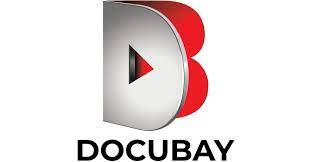
premiere:
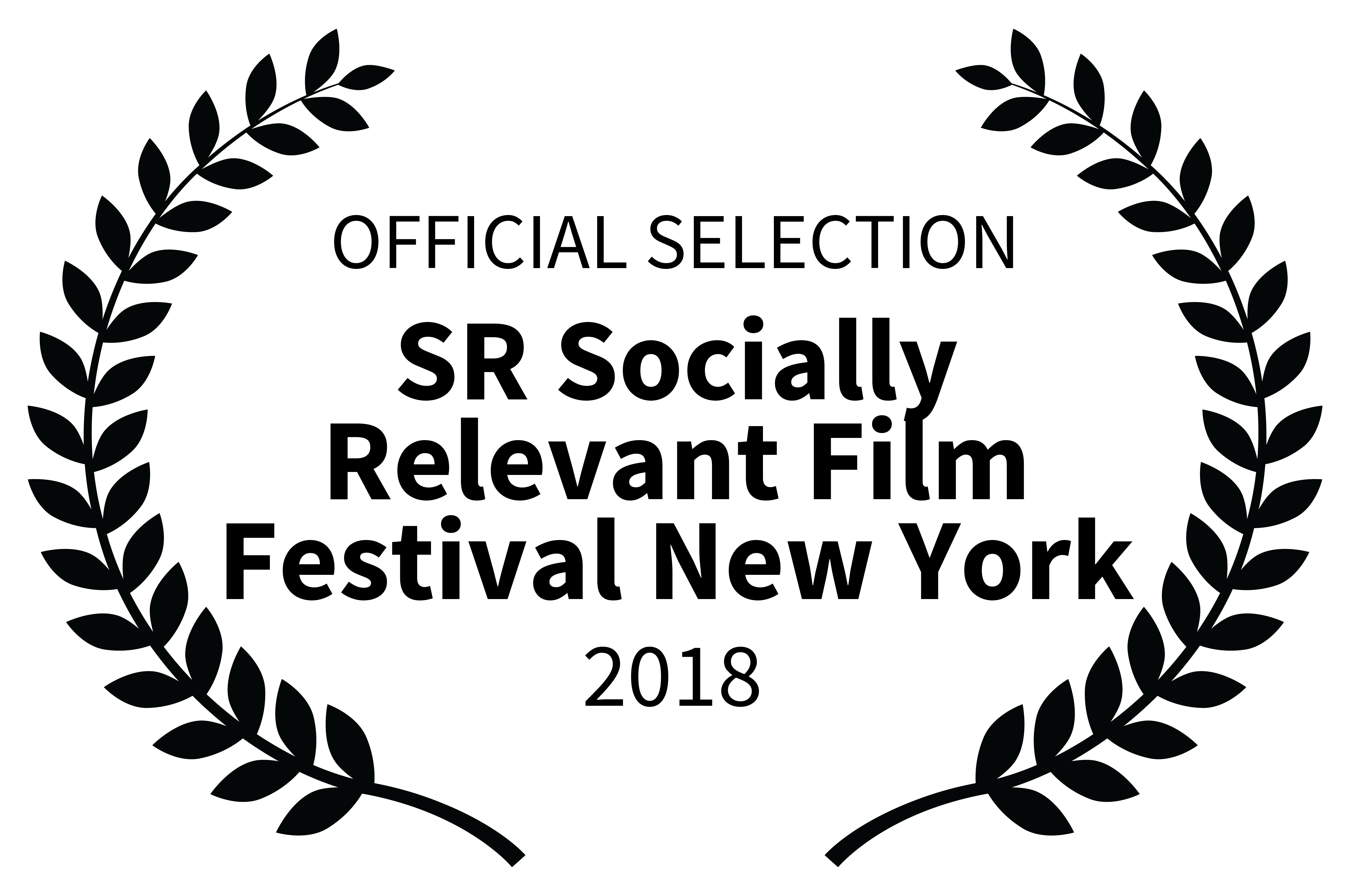
BEST IMMIGRATION FILM
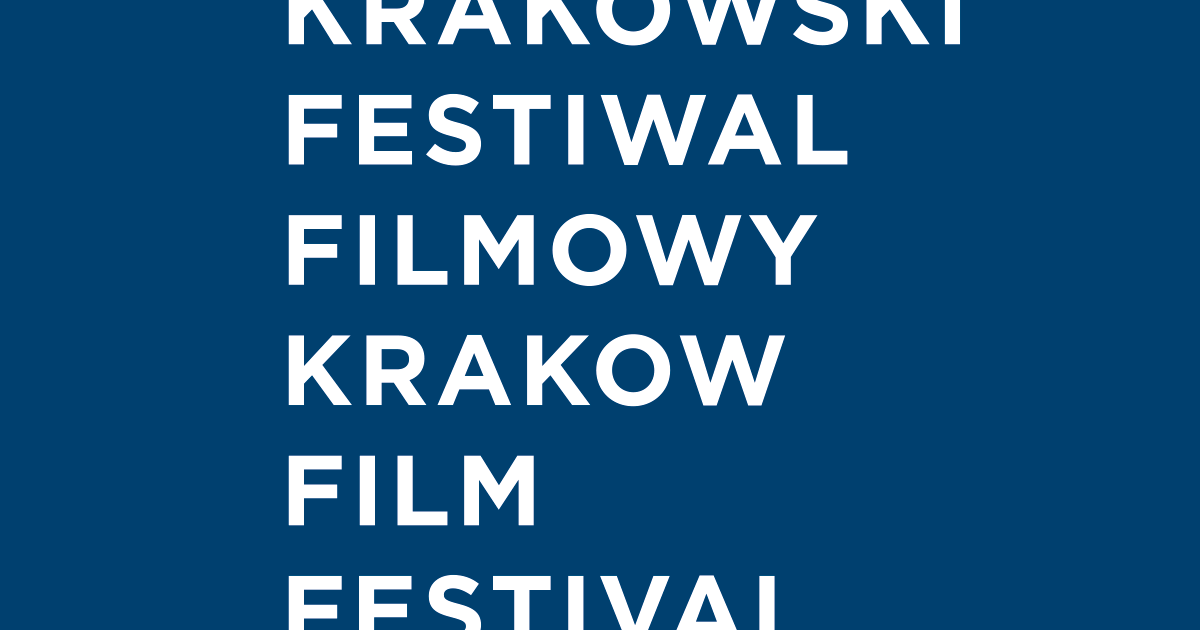
|
WATCH THE FILM ON  |
| |
| |
|
|
|
medium-length fiction; 2017; running time: 48 min.
dir. SAUD JUBAER
LOG LINE:
To please the God, one religion must worship her, another one must kill her. To save one life, one must sacrifice another.
SYNOPSIS:
“The God of Small Things" is a story told through the eyes of a cow. She is owned by a poor Bengali-Hindu villager and prayed to as God. When she has to be sold, her new Muslim owner sacrifices her in the name of his God.
Shot entirely on location in rural Bangladesh in the neorealist style of Satyajit Ray, using mostly non-actors. A Bengali-U.S.-Polish coproduction.
AWARDS:
Winner: “Best Student Film” at the Calcutta International Cult Film Festival, July 2017; Winner: "Best Screenplay" and "Best Cinematography" at the CUNY Film Festival, New York, April 2017; Winner: Jury Award at the Reel City Film Festival, New York, 2016; Nominated: "Best Film," "Best Directing," and "Best Editing" at CUNY Film Festival, 2017; screened at CUNY TV, New York, 2017, Marche du Film, Cannes, 2017; The Lodz Film School of Poland, 2016.
|

 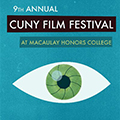 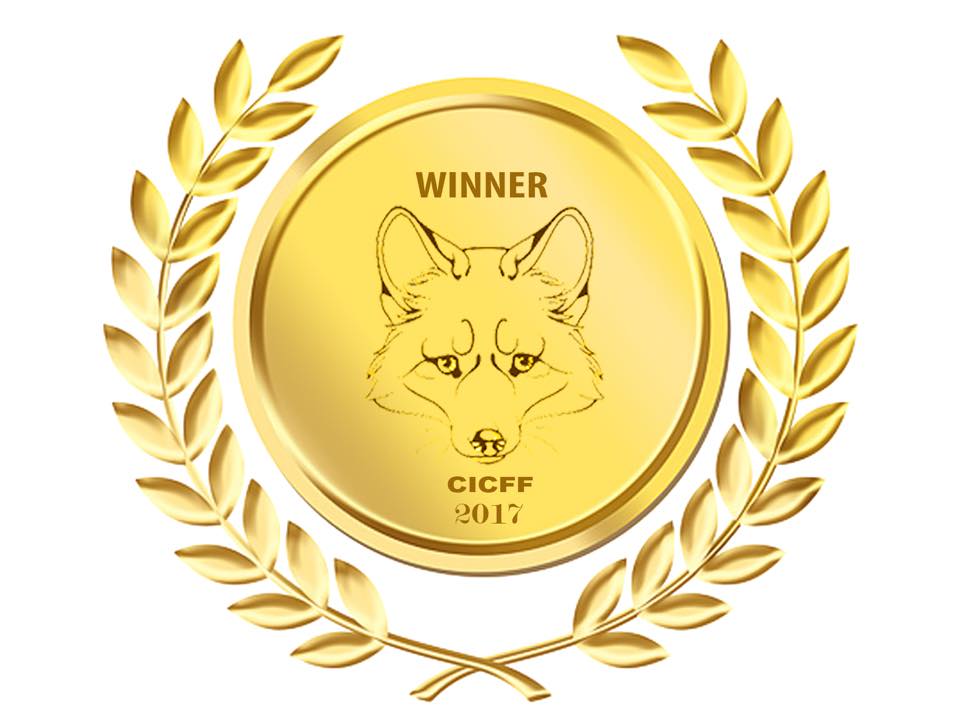 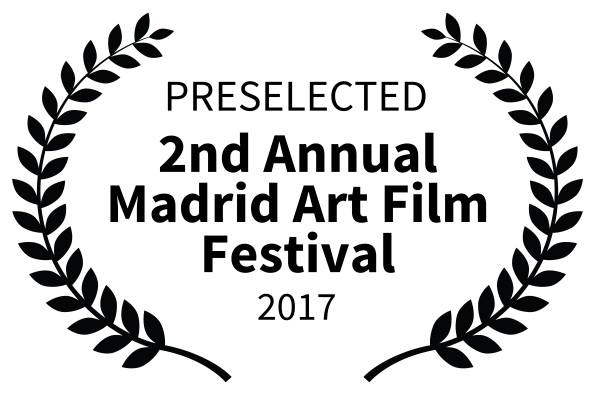
|
| |
|
|
|
Documentary on labor exploitation and human rights abuses in Dubai, UAE.
LOG LINE: Dubai is a city of dreams. Some dreams come true. Some don't. Running time: 52 min. (TV) | 64min. (full)
Produced by: Tutak Films & Manhattan Film Academy
Format: HD
World Premiere:
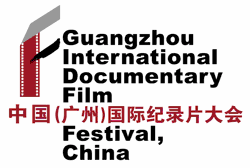 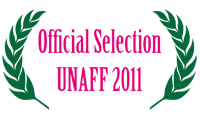 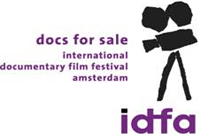 
Produced by: Planete, Canal + Cyfrowa, Poland
Running times: 9 min. 22 sec.
like us on  |

 US US
 Poland Poland
 France France
 Switzerland Switzerland
 Belgium Belgium
 Portugal Portugal
 Iran Iran

Germany
 Poland Poland
|
|
| |
|
|
|
Documentary
1983. In the desolate communist Poland
an eighty-three-year-old man is riding
a train
to nowhere. At the age of eleven,
he was an inspiration for the beautiful
Tadzio in Thomas Mann's DEATH IN VENICE.
Running time: 14 min. 13 sec.
Format: 35mm
Produced by: The Lodz Film School of Poland |
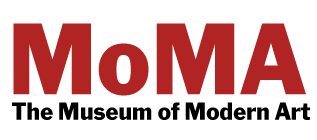
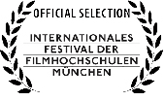 







 
|
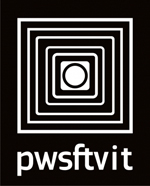 |
| |
|
|
|
Live-action short
Thirst for water. Thirst for love.
Thirst for life.
Running time: 11 min. 31 sec.
Format: 35mm
Starring:
Krzysztof Bauman
Produced by: The Lodz Film School of Poland |


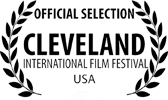
 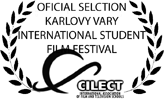


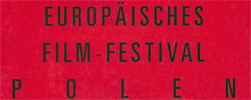

 
|
 |
| |
|
|
|
Straight story about five gay guys and a fag hag, looking for love
in all the wrong places.
Starring:
Leonardo Nam
Jay Christianson
Michael Jacoby (as Jacob Michaels)
David Lavine
Kareem Ferguson (as Karim Ra)
Michelle Damato
Running time: 86 min.
Format: DV
Produced by: Tutak Films
|

 US US |
| |
|
|
 |
Lonely woman and a coming-of-age young man. Mother and son.
They suffocate each other, unable to live without one other. Entangled
in a claustrophobic love-hate relationship. They spar with each another
round-by-round scoring points and taking losses as they move through
the mundane routine of life, until one day one of them delivers a knockout blow.
Starring:
Joanna Szczepkowska
Czarek Kmieciak
Running time: 80 min.
Format: 16mm
Produced by:
TV Films & Programs Production House
Centralna Wytwórnia Programów i Filmów Telewizyjnych Poltel, Poland
|
 |
| |
|
|
|
Documentary on the 1985 winners of the Gordon Bennett Cup (Coupe Aéronautique Gordon Bennett), the world's oldest gas balloon race.
Their team already won twice. If they win just one more time, the Cup is their forever.
They lost.
Running time: 17 min. 39 sec.
Format: 35mm
Produced by: Educational Films Production House WFO
Wytwornia Filmow Oswiatowych, Lodz, Poland |
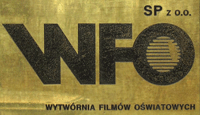 |
| |
|
|
|
It was a holiday. Time for celebration.
Time for love.
Running time: 14 min. 35 sec.
Format: 35mm
Starring:
Lidia Jeziorska
Krzysztof Bauman
Produced by: The Lodz Film School of Poland
|


German public
television network |
 |
|
| |
| |
©
2000-2021 Tutak Films |
|




























 US
US








